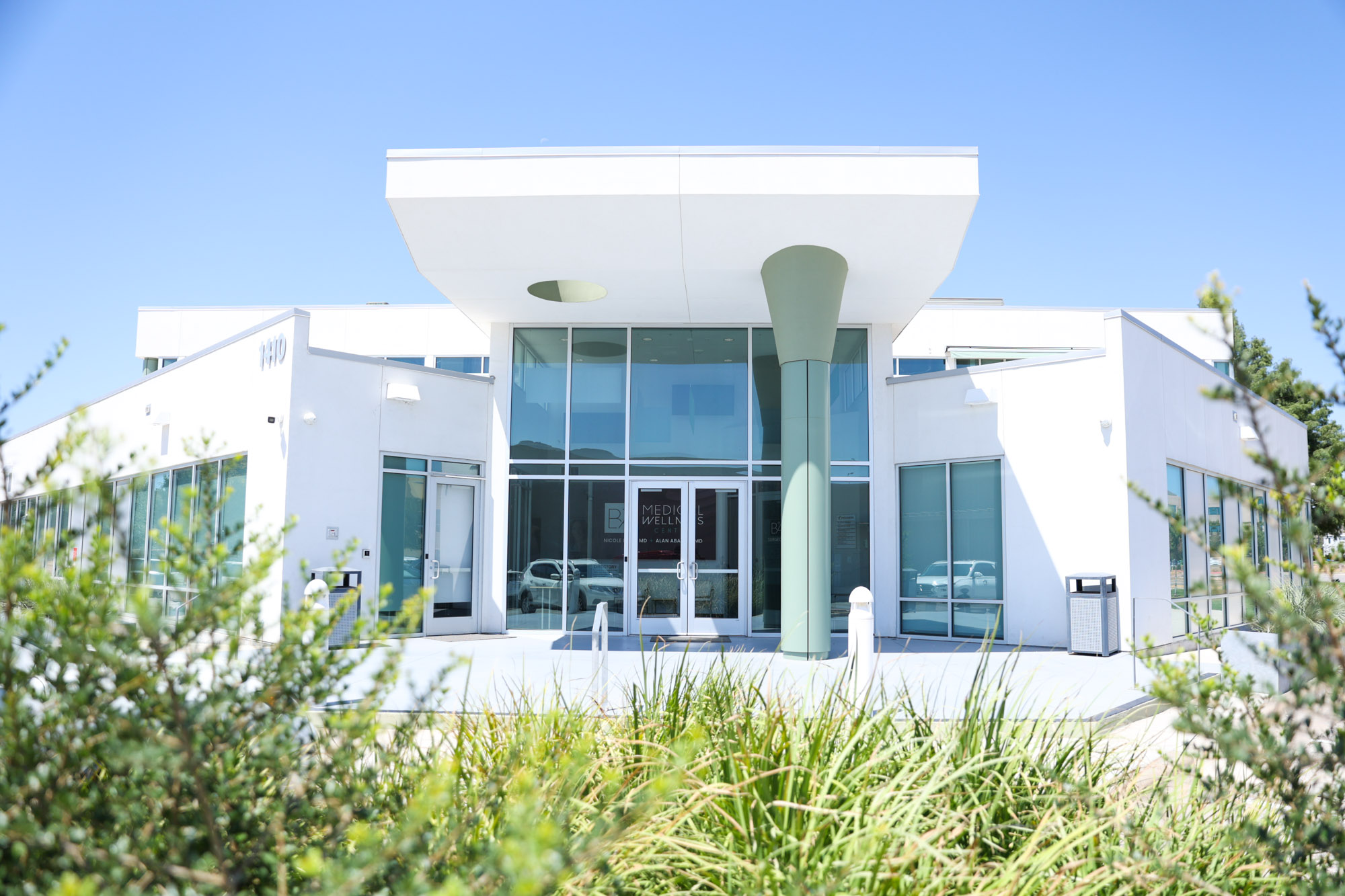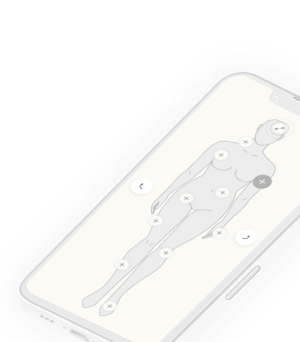Recognized By

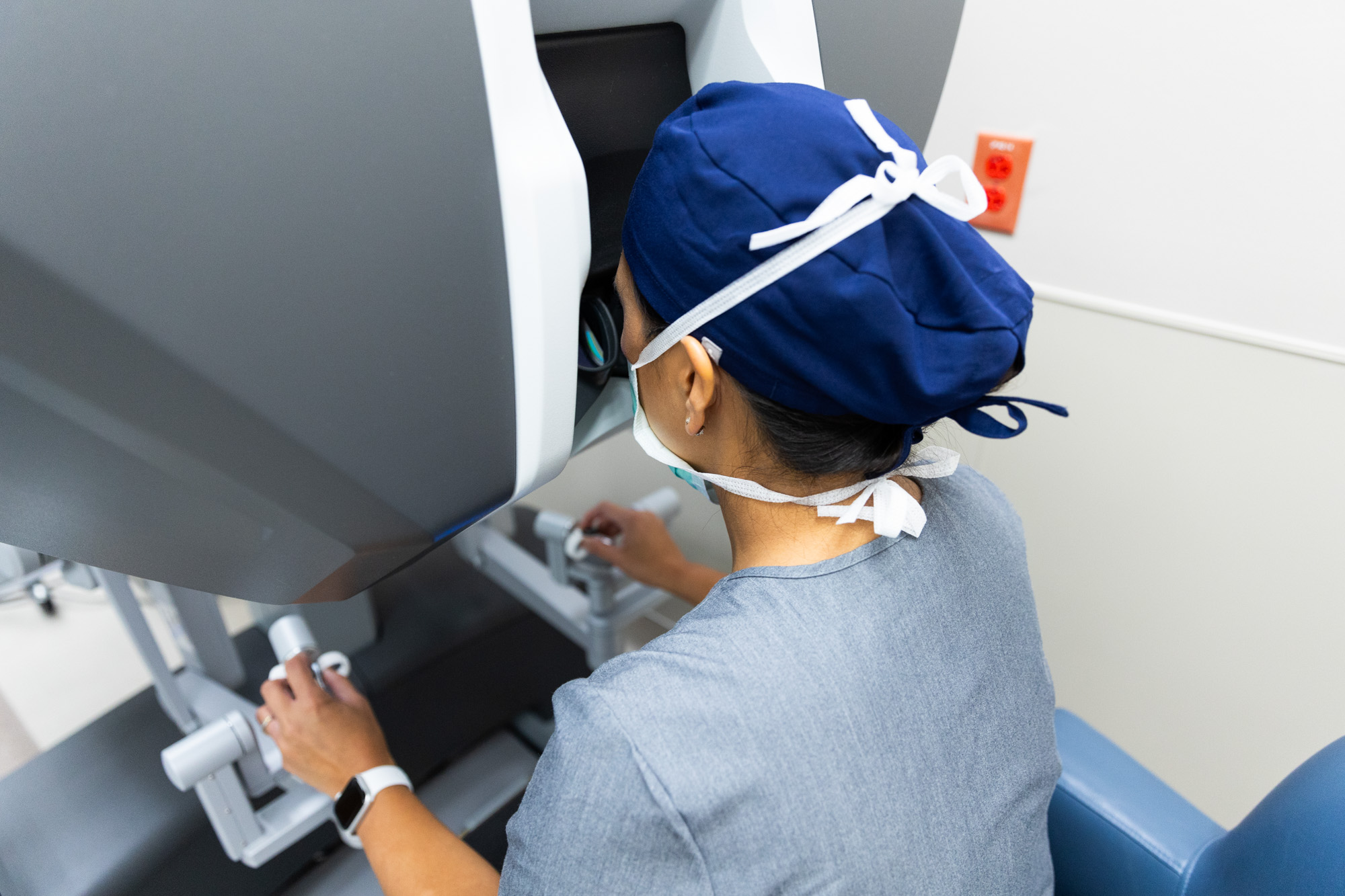
General + Bariatric Surgery

Aesthetics
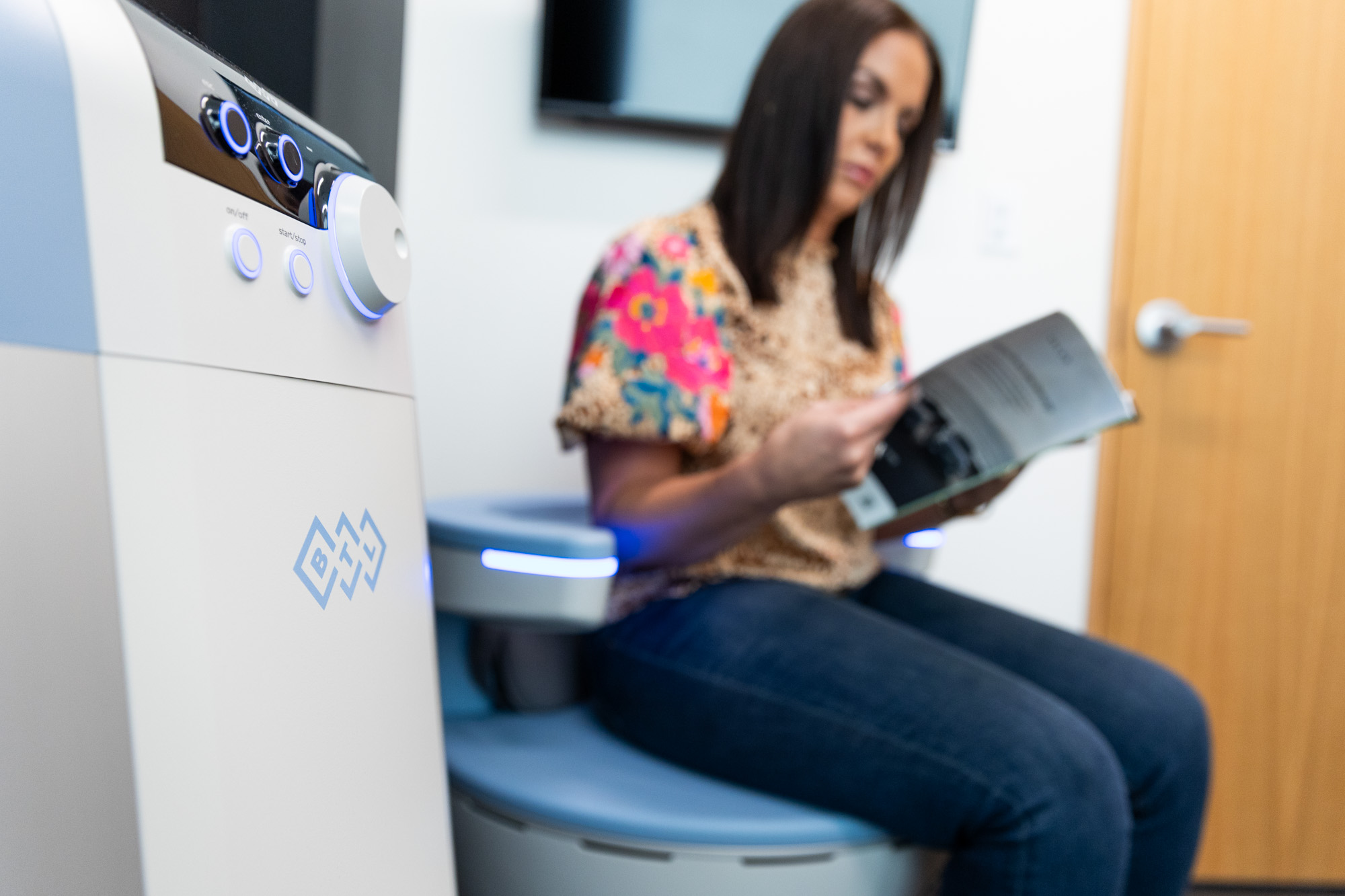
Wellness



Schedule a consultation to get started
Schedule a Consultation (opens in new tab)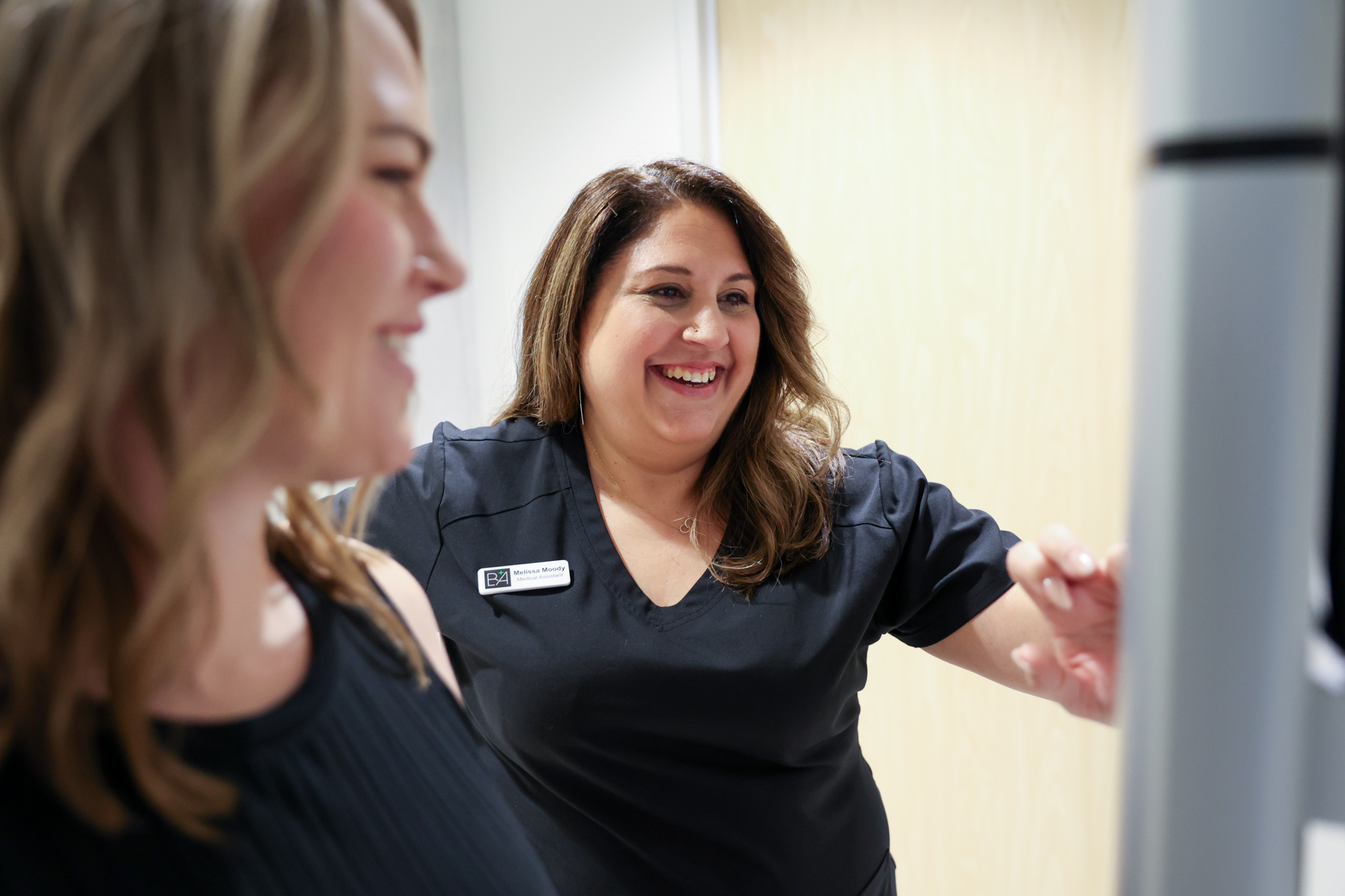

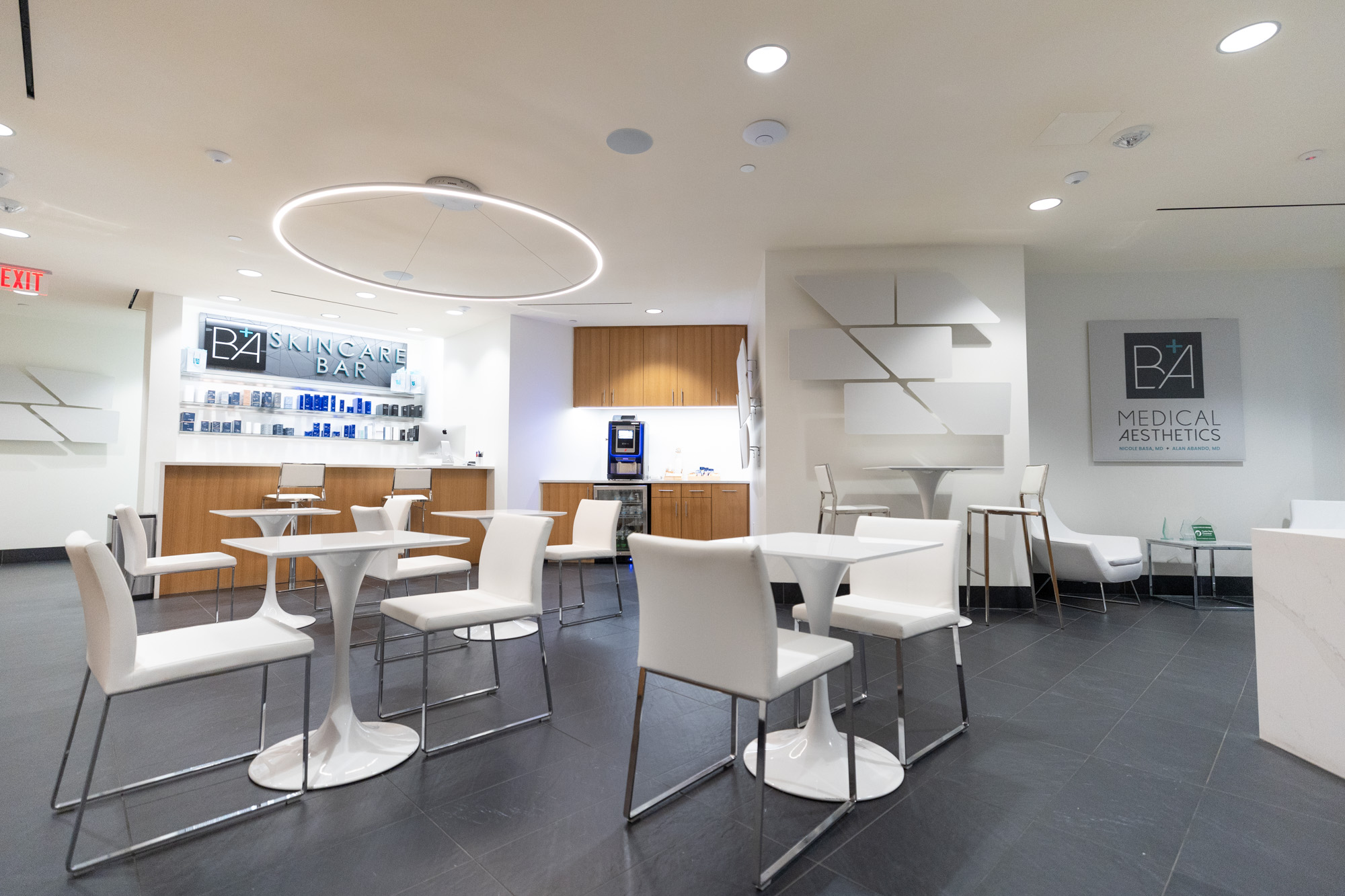
About B+A
As a husband and wife team, Dr. Abando and Dr. Basa founded what was then known as Cedar Park Surgeons in the fall of 2007. In the beginning, we rented a small office space next to the hospital.
As surgeons passionate about providing quality and compassionate care, we quickly earned patients’ trust and developed a great reputation for both bariatric surgery and general surgery in the Austin area.
When we outgrew our rental space, we wanted a location that offered patients more services and support in a comfortable environment. Since the construction of our beautiful new B+A Medical Center, we have created a destination for patients looking for quality and convenient care.
At B+A, we are more than bariatric surgeons in Cedar Park. We are a comprehensive healthcare facility where surgeons, registered dietitians, mid-level providers, support groups, lab work, testing, and an exercise physiologist all work together under one roof.
As surgeons specializing in bariatrics, we wanted to further support our patients after their procedures. Patients were thrilled to lose weight, but they still didn’t feel good in their bodies because of loose, sagging skin.

